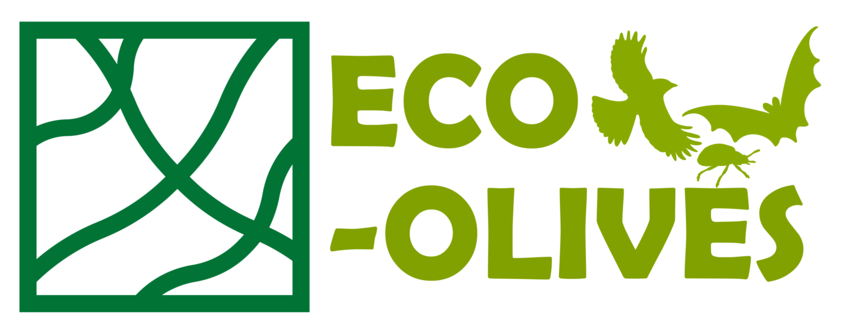
ECO-OLIVES: Ecological management of European olive agroforestry: linking biodiversity conservation, ecosystem services and productivity
Duration: 03/2022-08/2024
Funding: FWF
Website: www.beamaas.com/projects.html
Integrating biodiversity in land use
Linking biodiversity conservation and landscape management is crucial to achieving the global sustainability goals that will safeguard human well-being in the future. This requires alternatives to current forms of land use leading to the loss of natural habitats, the degradation of ecological functions and disease outbreaks in agriculture. By improving the use of ecosystem services such as natural pest control provided by birds, mammals and insects, land use can be made more sustainable. The potential of such "ecological management" approaches has been clearly demonstrated, but its practical implementation is limited to few disciplinary case studies.
Olive agroforestry systems
Olive groves present a special form of agroforestry systems where olive trees are the focus of production. Olive farming is a major cultural heritage of the Mediterranean. These “farms with trees” can also harbor a high variety of species and benefit from natural functions and processes, depending on their local and landscape management. The versatility of these agroforestry systems and their management in main growing regions such as the Italian Tuscany, provide unique opportunities for exploring ecological management approaches.
Transdisciplinary science for sustainable practice
The research project ECO-OLIVES ("Ecological management of European olive agroforestry: linking biodiversity conservation, ecosystem services and productivity") investigates olive agroforestry systems in the Italian Tuscany through three main approaches: (i) biodiversity assessments of birds, bats and arthropods; (ii) statistical modelling of multiple ecosystem services and related management options; (iii) development and application of decision-support tools to support ecological farming and land use. The study will be conducted in organic olive agroforestry systems that differ in their local and landscape management. Through transdisciplinary approaches such as the integration of field experiments, DNA barcoding, socio-ecological surveys and software applications, this project aims to contribute to improved sustainable land use and management within and beyond the study area.
Multi-stakeholder approaches for innovative land use
The multidisciplinary approaches of this project will contribute to a better understanding of biodiversity conservation in agricultural areas, as well as to the development of sustainable management approaches. ECO-OLIVES is led by Dr. Bea Maas at the University of Vienna and implemented with the support of international scientific partners and agroforestry stakeholders from across Europe.
Contact: Bea Maas
